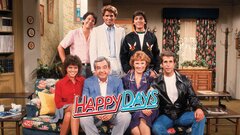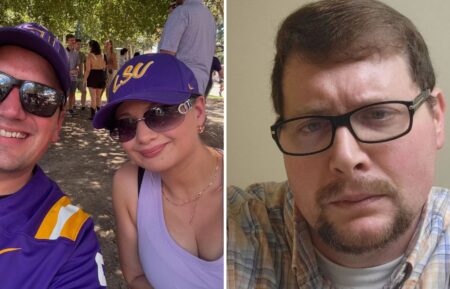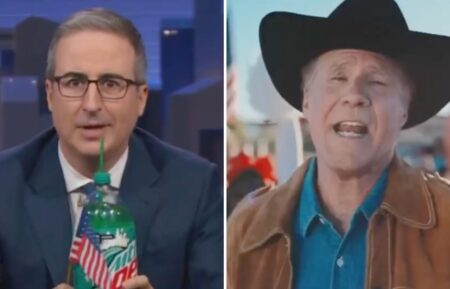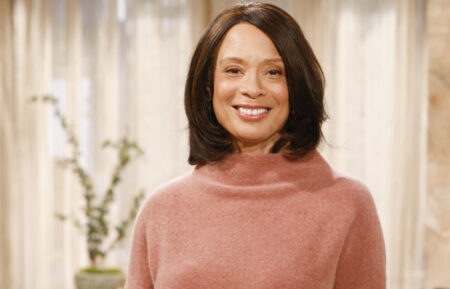Remembering the ‘Happy Days’ of Garry Marshall
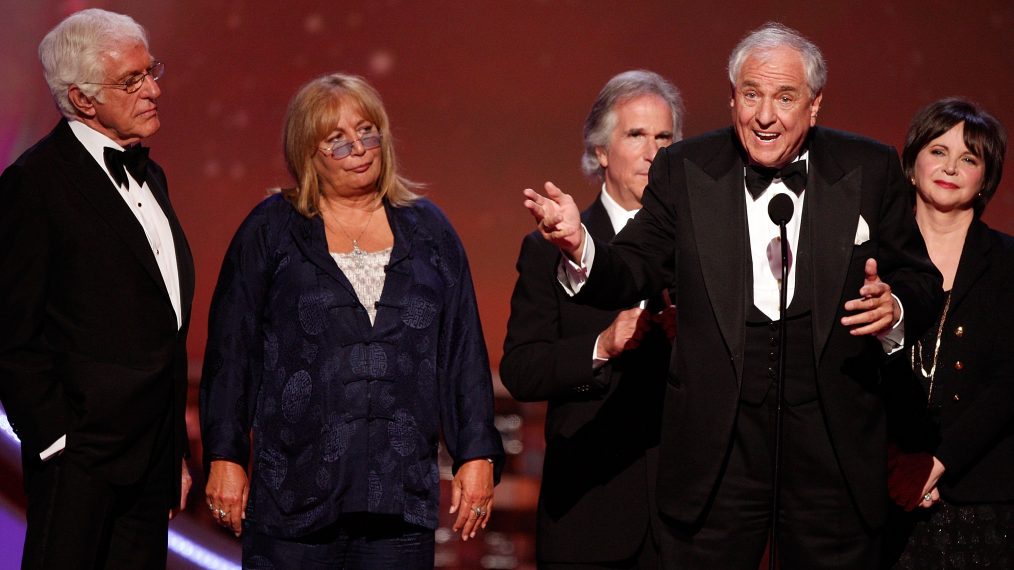
Nostalgia is an inevitable byproduct of an entertainment legend’s passing. But when consummate showman and quadruple-threat writer-producer-director-actor Garry Marshall died Tuesday at 81, the longing became especially palpable for TV’s happier days.
Those would be the 1970s, when the brash Bronx native enjoyed his most iconic successes after learning his craft by writing jokes for Joey Bishop and Jack Paar’s The Tonight Show, then working on classic 1960s sitcoms including The Dick Van Dyke Show and The Lucy Show with writing partner Jerry Belson.
Together in 1970, they developed Neil Simon’s Broadway and movie hit The Odd Couple into an instantly acclaimed sitcom vehicle for Tony Randall and Jack Klugman, never bettered as mismatched divorced men uneasily sharing an apartment. On his own in 1974, Marshall created Happy Days, an 11-season phenomenon for ABC, an antidote to Norman Lear’s more trenchant and socially conscious sitcoms for CBS.
RELATED: How Garry Marshall Took Happy Days and The Odd Couple From Sleepy to Classic
Looking back at the 1950s with an emphasis on family and friendship, inspired by the success of American Graffiti and Grease but softening the content for a mass audience, Marshall achieved his intent “of getting a show that everybody could watch together … The kids thought it was about them and the parents thought it was about their past, so they watched it together,” Marshall reflected in a 2000 interview for the Archive of American Television.
“I was trying to create the fact that people had heroes in the ’50s,” he said in the same interview. “People cheered the heroes. As the years went by, there was not a lot of cheering any more.” When asked by network bosses to create a “bad guy” gang member for the Happy Days ensemble, he morphed the brooding Marlon Brando archetype into Henry Winkler’s swaggering but ultimately benign Fonzie, whom Marshall conceived as “a combination of Joe DiMaggio and the Lone Ranger.” And did the fans ever cheer! (Fonzie’s leather jacket would later go on display at the Smithsonian.)
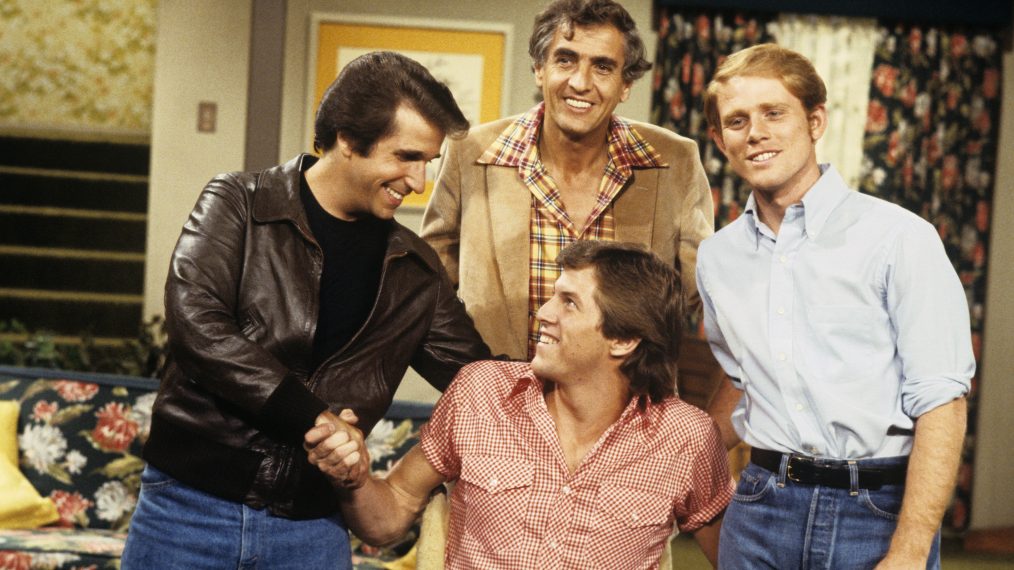
Marshall (center top) on the set of Happy Days with Henry Winkler (left), Ron Howard (right) and guest Jim Knaub.
Success begat spinoffs, and Happy Days spawned Laverne & Shirley, a smash-hit buddy comedy evoking the slapstick spirit of Lucy and Ethel, making a star of his sister Penny (who also would become an accomplished movie director). In 1976, Marshall described Laverne to TV Guide Magazine as “the kind of gal who could knock the stuffing out of Mary Richards, Rhoda and Phyllis, and, for good measure, mop up the floor with Barbara Walters—and still remain a vulnerable character.”
Less predictably, the show also gave rise to the fanciful Mork & Mindy, which launched the career of Robin Williams as a hilariously manic space alien who wooed and wed a human (Pam Dawber).
Having conquered TV, Marshall became a maestro of crowd-pleasing movies, directing Julia Roberts into superstardom in 1990’s Pretty Woman, followed by hits including Runaway Bride, The Princess Diaries and, more recently, an all-star trilogy of holiday-themed rom-coms (Valentine’s Day, New Year’s Eve, Mother’s Day).
A natural ham as a character actor, projecting warm humor in his customary raspy delivery, his best-known roles include a cameo as a casino manager in Albert Brooks’ Lost in America and a long-running gig as the irascible network boss on CBS’s Murphy Brown.
Yet if Happy Days remains his most enduring legacy, Marshall is probably OK with that. “We all realized that if you got a nostalgic show on the air, the reruns wouldn’t look bad” or dated, he said in his Archive interview.
And so it goes. Those were the days, and thanks to Marshall, they still are.

